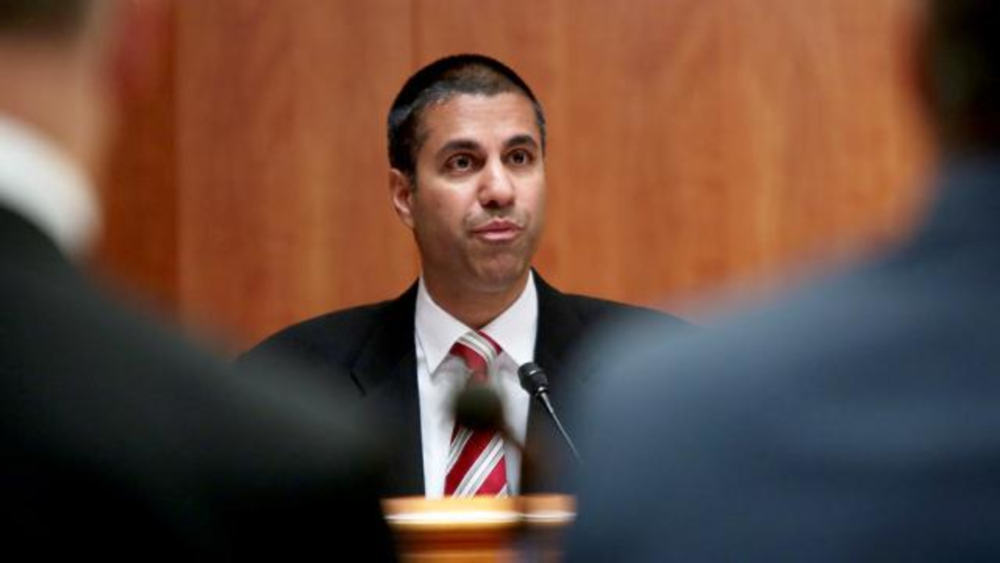The Federal Communications Commission announced today its plans to repeal net neutrality, a landmark set of regulations put in place by the Obama administration that ensure equal access to the internet. Net neutrality was enacted as a rulebook prohibiting high-speed internet service providers from monopolizing data, charging extra fees for different users, or intentionally blocking specific websites and online content.
The proposal, led by FCC chairman Ajit Pai, reignites the conversation and argument surrounding free speech and internet control, and brings a potential round of fights between media and tech giants; namely between AT&T and Google.
“Under my proposal, the federal government will stop micromanaging the internet,” Mr. Pai, a Republican, said in a released statement. “Instead, the FCC would simply require internet service providers to be transparent about their practices so that consumers can buy the service plan that’s best for them and entrepreneurs and other small business can have the technical information they need to innovate.”
According to Michael Beckerman, chief executive of the Internet Association, a lobbying firm that represents tech giants like Google, Amazon, and Facebook, consumers may see their costs increase for access to popular streaming sites like Netflix and Pandora.
The proposal “represents the end of net neutrality as we know it and defies the will of millions of Americans,” Beckerman said.
For marketers, it’s important to stay aware of this — losing net neutrality could destroy online marketing as we know it today. Net neutrality prevents telecom giants like AT&T and Verizon from creating an even bigger monopoly over internet choices. In other words, it stimulates market competition, creating a high demand for online services like SEO (search engine optimization) and digital marketing. What we have is a constant and free-flowing source of internet competition — the finest of capitalism — which fuels a lucrative industry: content strategy, SEO, social media campaigning, pay-per-click services, and more.
That lucrative market would come to a grinding stop. Non-neutrality would halt competition, giving the best audience access to the top websites. For marketers and non-marketers alike, non-neutrality could turn the internet into an unaffordable resource accessible only by the privileged — certainly not your average consumer. Though Google and Amazon will certainly have the forces out to dismantle the decision, the proposal is expected to pass in a three-to-two party line vote at the Dec 14 FCC meeting.







